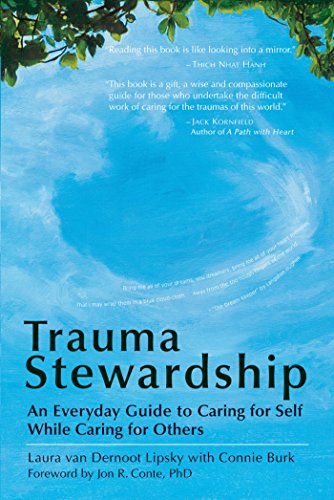What are
/r/MenGetRapedToo's
favorite Products & Services?
From 3.5 billion Reddit comments
The most popular Products mentioned in /r/MenGetRapedToo:
The most popular Services mentioned in /r/MenGetRapedToo:
The most popular reviews in /r/MenGetRapedToo:
My advice can sound hawkish, but you definitely must contact some helpline.
If your country had recognised female-on-male rape, you could report it to the police, but if not, you have a disadvantage in your situation.
In my country (Poland) rape isn't defined by gender, but as "causing a person to have sexual intercourse by violence, unlawful threat or deception".
I have a question. Do helplines for men exist in your country?
Secondly, if you can do it, record your ex-girlfriend who blackmails you.
This is an example of a micro voice recorder that looks like a pen:
If you have sufficient amount of money, you can buy that or another small voice recorder.
All I can say is... wow. He is very lucky to have a compassionate and empathetic partner like you, and it sounds like you've already made a world of difference for him. You've given him a safe environment to be vulnerable (outside of therapy) and been there for him as he processed some really traumatic memories. Seriously, don't minimize how much you're helping him by being there for him and sharing your love and friendship.
The most important 'trick' I can give is to take care of yourself. Consider talking to a therapist of your own, since hearing someone you love relate those traumatic details is a difficult experience with a lot of heavy feelings to work through. The book Trauma Stewardship was very useful in helping me understand how secondary trauma/compassion fatigue can sneak up on you. I ended up giving my copy away to my therapist... I should probably order another copy. Another good resource is the Secondary Survivor forums at Pandora's Project, they have an excellent discussion space for discussing how to support a loved one who has experienced sexual assault while also supporting yourself.
Is this something you've specifically brought up with your therapist? Is improving your sexual relationship with your girlfriend part of your treatment plan/goals?
Overcoming sexual trauma is hard even with a supporting partner and a strong relationship. The best resource I've come across is The Sexual Healing Journey by Wendy Maltz. It has a detailed (sometimes too detailed...) overview of how people are affected by sexual assault and practical step-by-step exercises for recovery. Some of them are self-help exercises for you to examine your thoughts and feelings and others are exercises you can do with your partner to help build intimacy at a pace that can be safe and comfortable.
If your therapist has specific experience with treating sexual trauma, ask them about this book and see if they think you're in a good place to start working on this. I'll emphasize again, it can be very challenging. If you decide to give it a try, give your girlfriend a chance to read the book to and have a conversation about how the two of you will respond to difficulties and setbacks... make sure she's on the same page and that she's comfortable with the boundaries you'll set as you work on this.
If you're NOT in a good place to work on these sorts of exercises right now, then make sure to communicate that too. If there are intimate activities that you could be comfortable with, like exchanging massages, co-writing erotic fiction, using toys on her, or other activities that might not trigger your trauma, try to discuss those options with her! The most important thing will be being able to trust her not to press your boundaries if you try to meet her part way. If she's constantly testing or disregarding your boundaries that's a big red flag.
> i ... have been thinking about suicide.
/u/ThrowawayPersonF's points about suicide are good points.
Have you thought about possibly reading the Dr. Burns book, contacting a local doctor, and/or taking any other additional steps to try to make your suicidal thoughts go away?
The Dr. Burns book is really good. Various small studies show that, for maybe 70% of people who've finished the book, their depression goes away within a month. The book is also useful for suicidal individuals; see the Amazon reviews.





